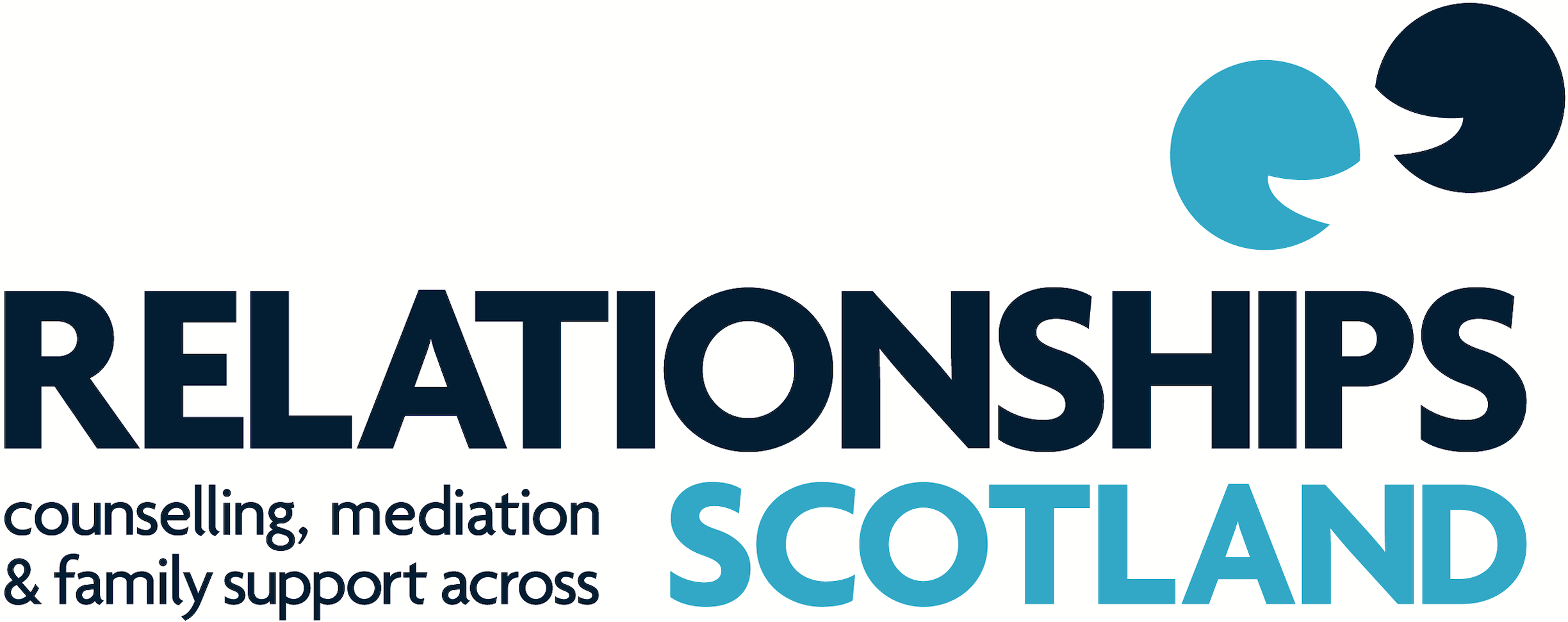
5 questions with our longest serving mediator
Robin Waterston is Relationships Scotland’s longest serving mediator – working with families in Tayside and Fife for 25 years. He’s kindly taken time out of his day to speak to us about some of the challenges and joys of being a family mediator.
Robin was brought up in St. Andrews. He gained a PhD in Applied Maths at Strathclyde University and then trained as a teacher of mathematics in Glasgow. He taught in Glasgow and Botswana before returning to St. Andrews. He became head of the mathematics department at Madras College, where he worked until his retirement from teaching in 2006.
He trained as a family mediator in 1988 and joined the Fife Conciliation Service, this later merged with the Tayside service and has now become Relationships Scotland Tayside and Fife. He has worked as a family mediator for 25 years and has recently completed training as a mediation supervisor. He is also member of the Relationships Scotland Board. Robin is a member of the Religious Society of Friends (Quakers) and sees mediation work as part of the endeavour to create a more peaceful world.
What prompted you to train as a family mediator?
As a teacher, I became aware that a lot of poor behaviour by young people was related to parental circumstances. I wanted to find a way to help work directly with parents who were separating. Mediation appealed to me because I am not patient enough to do counselling work.
What is the most rewarding part of being a family mediator?
Although the time that a mediator can spend with clients is quite short, it is amazing what a difference it can make. So many parents just can’t talk or listen to each other on their own, and all too often family and friends are completely unhelpful. Having the clients smile at the end of a session, and even look directly at each other, and make an agreement, feels very satisfying. It doesn’t always happen, but when it does it lifts my spirits! The best advice I was given was “Trust the process.”
What is the biggest challenge when mediating with families?
Some clients try to use the mediation route in parallel with the court. This almost always subverts the mediation process. I’ve had clients try to show me letters from the other parent’s lawyer to show me how unreasonable he/she is. In such cases, I have to tell them that they will have to suspend all legal proceedings while mediation is in progress. Sometimes they do, and sometimes they don’t.
Have attitudes to mediation changed over the 25 years you’ve been mediating?
Not as much as I would have hoped. In the sense that there is still not widespread public awareness of the existence and value of family mediation as a far better method to address issues relating to children than the courts. I remember hearing a talk from a mediator from Baltimore when she said their goal is to ensure that knowledge of the local mediation service is as widespread as knowledge of the local GP service. We’re still a long way from that, but it’s a good aspiration.
What advice would you have to anyone looking to train as a family mediator?
The willingness to make a long-term commitment is crucial. The training is thorough and quite demanding, but provides a good basis to begin practising. Every case is different and learning how to do it better never ends. Important personal qualities are the ability to listen empathetically, to not be judgemental, and to think reflectively about a situation or conversation while taking part in it.
